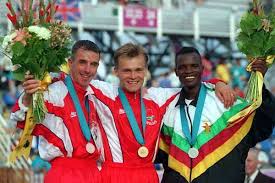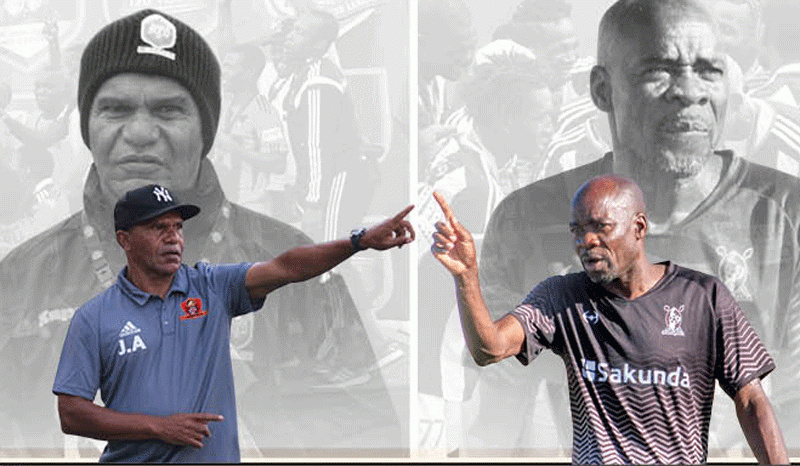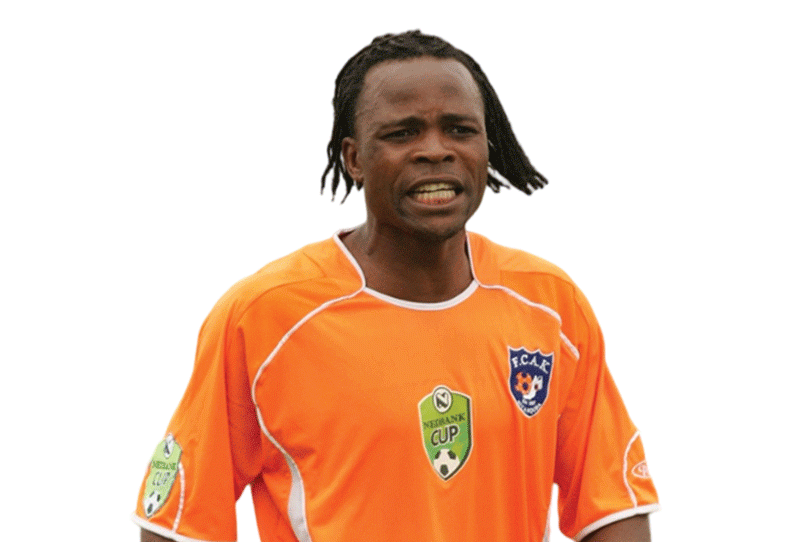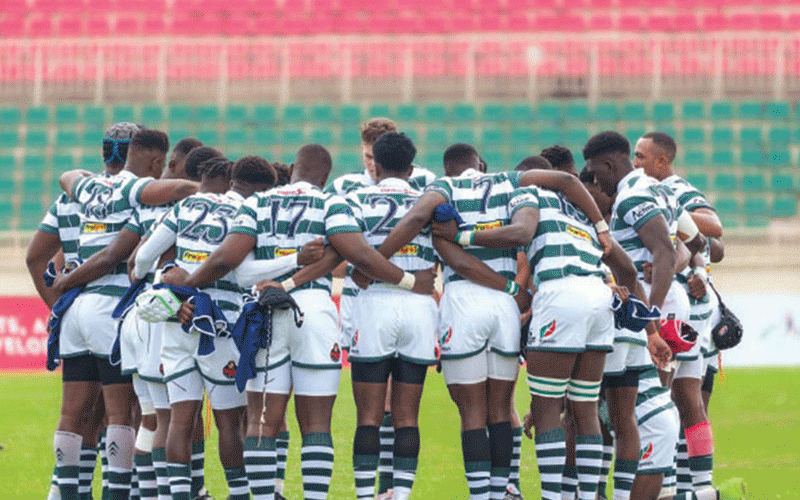
From July 23 to August 3, 70 nations and approximately 7 000 athletes from the Commonwealth of Nations will be gathered in Glasgow, Scotland for the 20th edition of the Commonwealth Games.
BY MICHAEL MADYIRA
They are the fourth most celebrated sports fiesta after the Olympic Games, Fifa World Cup and Asian Games.
One nation in southern Africa whose various sporting disciplines are limping, will be a mere spectator to this sports fete that embodies a celebration of athletism and sports cultural diversity. A diplomatic spat between Harare and London triggered by alleged human rights abuses turned into an extraordinary political farce that alienated Zimbabwe from the Commonwealth.
Facing imminent embarrassing booting from this powerful bloc in the manner the pre-Independence government was banned between 1966 to 1978, Zimbabwe withdrew from the Commonwealth on December 7 2003, making the Manchester 2002 edition the country’s swansong at the Games.
Although there have been the Olympics and All-Africa Games to contest in, dreams and a myriad of sporting opportunities for millions of talented aspiring sportspersons remain brutally supressed as a result.
President Robert Mugabe has not found reason to mend the diplomatic cracks and take time to note that most nations use these Commonwealth Games as a readiness yardstick and preparatory stage for the Olympics.
This year’s Games would be the fourth edition without Zimbabwe in post-Independence after also boycotting Edinburg 1986 with 31 other countries in protest over Britain’s hesitancy to slap apartheid South Africa with sanctions.
- Letter to my people: Mthuli Ncube is mounting a dead horse
- Arbitration insights: The origins of commercial arbitration
- News in depth: Mnangagwa administration elbows out British investor under a cloud
- Letter to my people: Mthuli Ncube is mounting a dead horse
Keep Reading
Making a debut representation at the Commonwealth Games in 1934 then as Southern Rhodesia, the country’s athletes featured in 11 more editions, five of those being post-Independence appearances.
With a record of seven gold medals, 15 silver and 22 bronze, Zimbabwe’s most successful campaign was in 1954 where a total of 12 medals were racked including three gold.
Some of the gold medals after independence came from the triples women lawn bowls team in Brisbane 1982, Evan Stewart at the 1998 Games in Kuala Lumpur in springboard diving, with Roy Garden claiming one in men lawn bowls at the same edition.
Non-elitist athletics had Zimbabwe claiming bronze medals at the 1998 edition from long distance runner Samukeliso Moyo, Kenneth Harnden in the 400 metres hurdles and Julia Sakala in 1 500 metres.
In 1994, middle distance runners Tendai Chimusasa and Philemon Hanneck bagged silver medals in 1 000 metres and 5 000 metres respectively as Stuart also settled for the same medal in diving. Stewart also participated in three straight Olympics editions starting at Barcelona 1992.
Before a horror mine accident in 1998 that nearly cost him his life and led to the amputation of his right arm, two-time Paralympics gold medalist and sprinter Elliot Mujaji first tasted the highest international action at the 1994 Commonwealth Games.
At these Games in Victoria, Canada, Mujaji was launching his international career and became an Olympics medal prospect before the accident ruined this dream.
“Commonwealth Games are so important because they prepare athletes for tougher international competitions especially the Olympics. We actually treated them as the Olympics. You would be racing against top athletes from countries like Jamaica. Look, this year Usain Bolt will be there,” said Mujaji.
When Kirsty Coventry stood on that podium at the Manchester Aquatics Centre on July 30 2002, the world stood in attention to the Zimbabwe national anthem after she had won gold in the 200 metres individual medley in record time.
That was the last time Blessed Be The Land Of Zimbabwe was played at the Games.
Having taken part at the Olympics in Sydney two years earlier where she could not bag any medal, the Commonwealth Games tossed Coventry into international limelight and prepared her ground for a dream run at the 2004 Athens Olympics.
Boxing has been Zimbabwe’s most successful story in the Commonwealth Games with the discipline not only limited at the Games hosting, but also outside title fights.
Piet van Staden opened Zimbabwe’s rich boxing account at the 1954 Games in Vancouver, Canada with a gold medal in the then 60kg men bout. Ambrose Mlilo, Nokuthula Tshabangu, Trust Ndhlovu, Duke Chinyadza, Ezwell Ndlovu, Linus Murabwa and Simon Sankulani went on to win either silver or bronze medals in different divisions and editions after Independence.
Three-time Commonwealth boxing champion Langton “Schoolboy” Tinago swept the world by its feet following heroics in 1980, 1983 and 1987 to claim a Guinness World Records place as the only African to have three Commonwealth titles.
“It was a great feeling being a holder of Commonwealth titles. You will realise Zimbabwe had a rich record in Commonwealth boxing and it would have been good to continue like that,” said Tinago.
Alphonso Zvenyika then stepped into Tinago’s shoes. Straight from Mbare, Zvenyika fascinated the world 11 years after Tinago’s last triumph at Glasgow’s St Andrew’s Sporting Club to claim a flyweight crown whose reign lasted from January 1998 to December 1998 while sandwiching a title defence in between.
“Withdrawing from the Commonwealth was a blow for Zimbabwean boxing,” said Zvenyika.
“Boxing is now being taken for granted despite it giving this country more international limelight than football. Sponsors are shying away these days because they cannot get international recognition like in the past.”
Johnson Tshuma also reigned from October 1997 to March 1998 in the middleweight division.
The number of Zimbabwean athletes at the Olympics continues to dwindle and with the country’s absence at the Commonwealth Games, the grim sporting situation will keep on getting out of hand.











